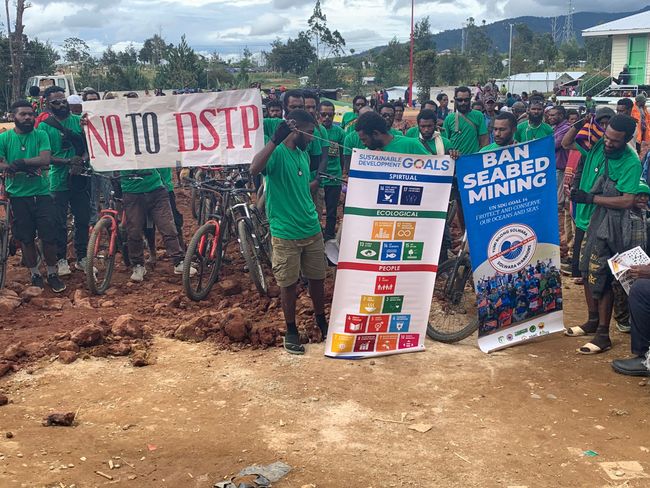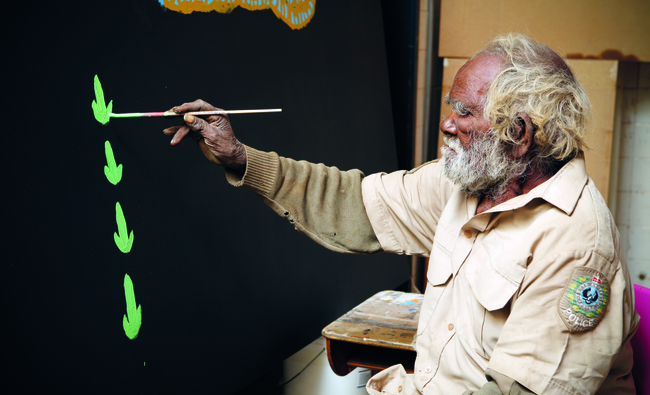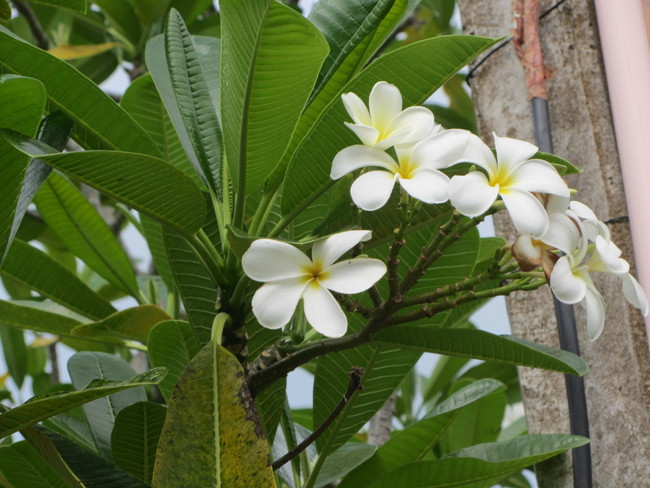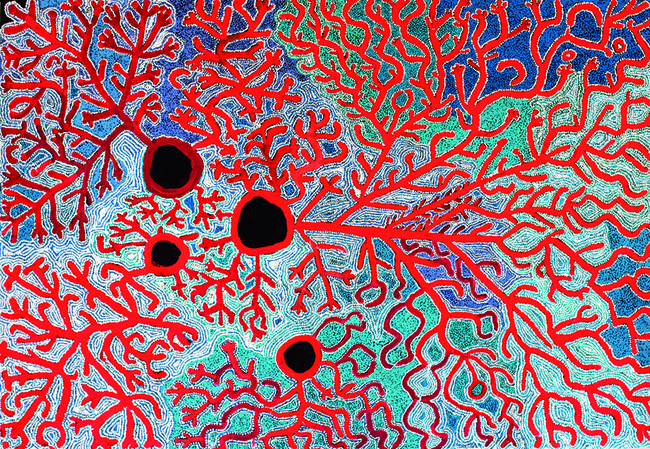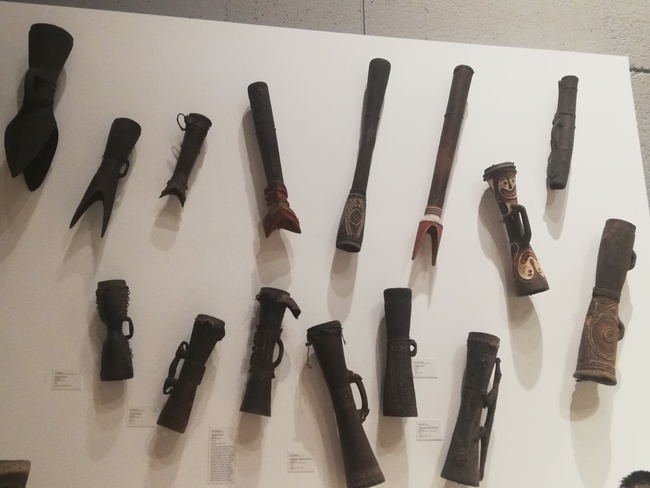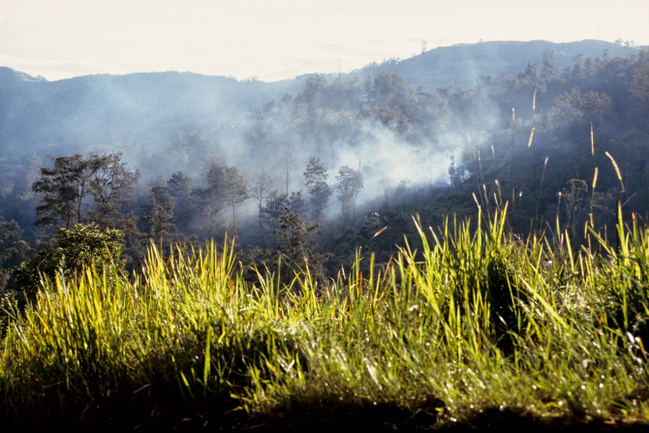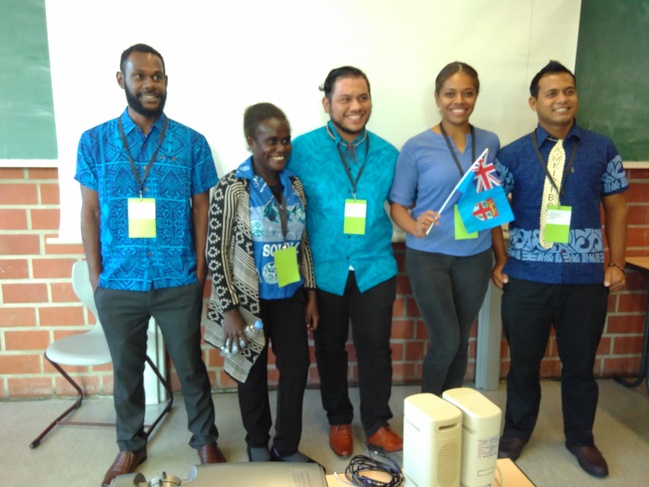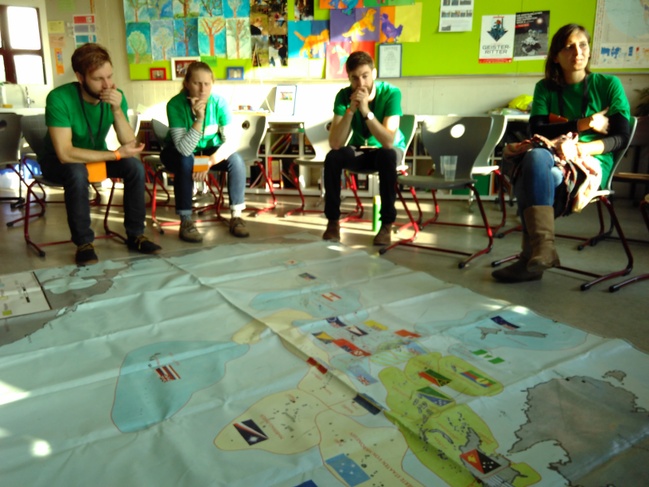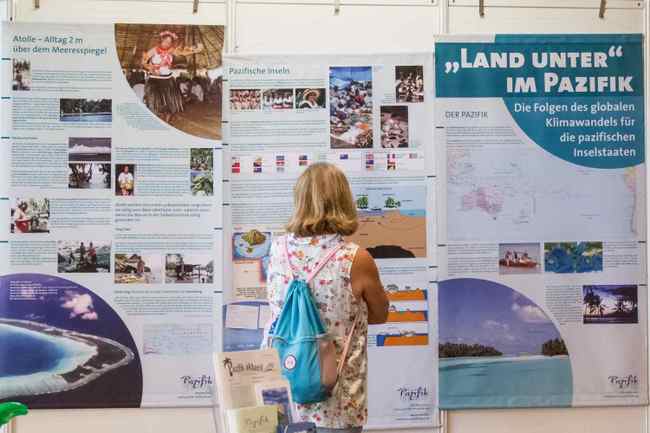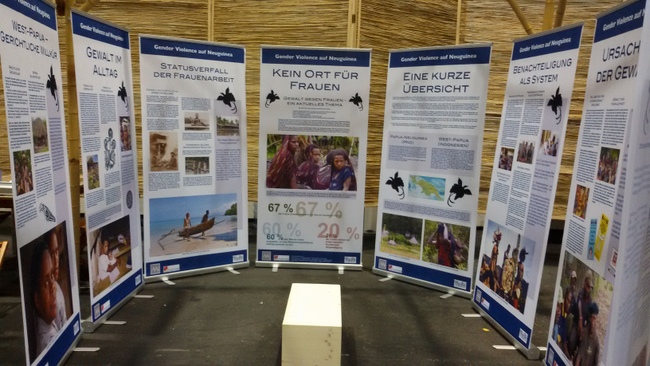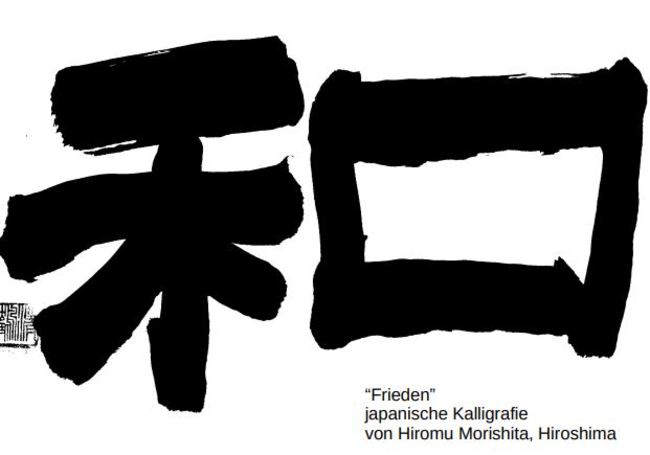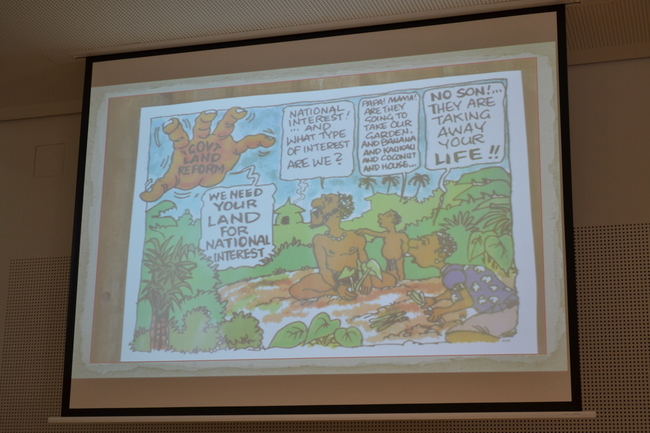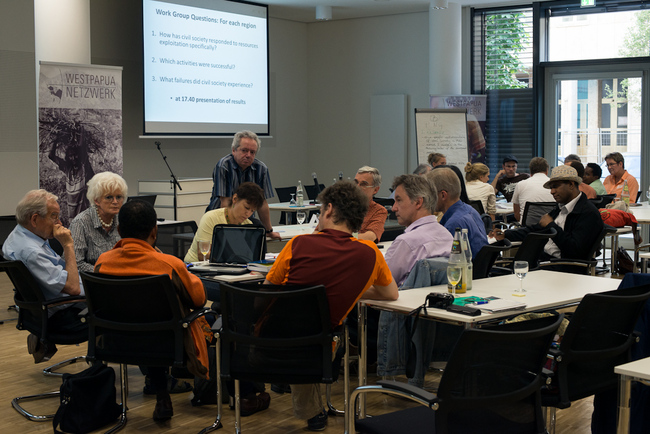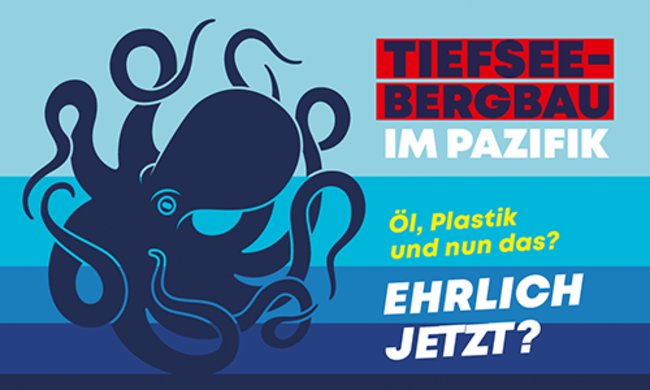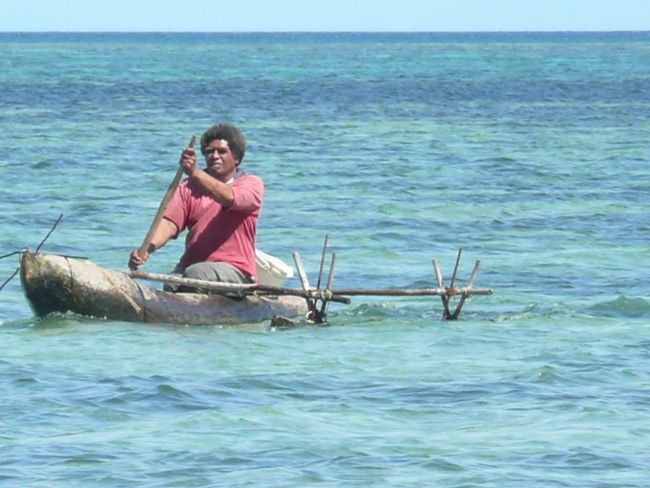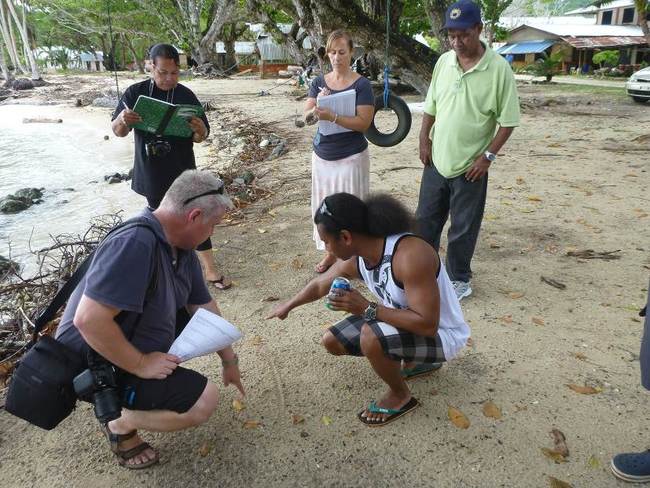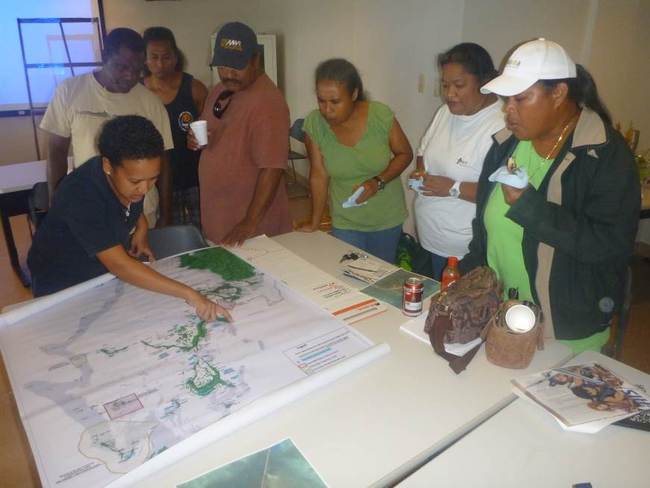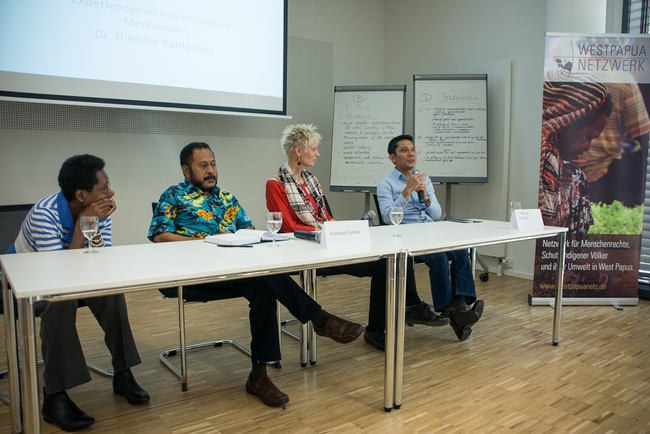Hiroshima Peace Declaration
06.08.2019: Vom Bürgermeister aus Hiroshima (Japan)
The City of Hiroshima
PEACE DECLARATION
August 6, 2019
Around the world today, we see self-centered nationalism in ascendance, tensions heightened by international exclusivity and rivalry, with nuclear disarmament at a standstill. What are we to make of these global phenomena? Having undergone two world wars, our elders pursued an ideal—a world beyond war. They undertook to construct a system of international cooperation. Should we not now recall and, for human survival, strive for that ideal world? I ask this especially of you, the youth who have never known war but will lead the future. For this purpose, I ask you to listen carefully to the hibakusha of August 6, 1945. A woman who was five then has written this poem: Little sister with a bowl cut / head spraying blood embraced by Mother / turned raging Asura A youth of 18 saw this: “They were nearly naked, their clothes burned to tatters, but I couldn’t tell the men from the women. Hair gone, eyeballs popped out, lips and ears ripped off, skin hanging from faces, bodies covered in blood—and so many.” Today he insists, “We must never, ever allow this to happen to any future generation. We are enough.” Appeals like these come from survivors who carry deep scars in body and soul. Are they reaching you? “A single person is small and weak, but if each of us seeks peace, I’m sure we can stop the forces pushing for war.” This woman was 15 at the time. Can we allow her faith to end up an empty wish? Turning to the world, we do see that individuals have little power, but we also see many examples of the combined strength of multitudes achieving their goal. Indian independence is one such example. Mahatma Gandhi, who contributed to that independence through personal pain and suffering, left us these words, “Intolerance is itself a form of violence and an obstacle to the growth of a true democratic spirit.” To confront our current circumstances and achieve a peaceful, sustainable world, we must transcend differences of status or opinion and strive together in a spirit of tolerance toward our ideal. To accomplish this, coming generations must never dismiss the atomic bombings and the war as mere events of the past. It is vital that they internalize the progress the hibakusha and others have made toward a peaceful world, then drive steadfastly forward. World leaders must move forward with them, advancing civil society’s ideal. This is why I urge them to visit the atomic-bombed cities, listen to the hibakusha, and tour the Peace Memorial Museum and the National Peace Memorial Hall to face what actually happened in the lives of individual victims and their loved ones. I want our current leaders to remember their courageous predecessors: when nuclear superpowers, the US and USSR, were engaged in a tense, escalating nuclear arms race, their leaders manifested reason and turned to dialogue to seek disarmament. This city, along with the nearly 7,800 member cities of Mayors for Peace, is spreading the Spirit of Hiroshima throughout civil society to create an environment supportive of leaders taking action for nuclear abolition. We want leaders around the world to pursue negotiations in good faith on nuclear disarmament, as mandated by Article VI of the Nuclear Non-Proliferation Treaty, and respond to the yearning of civil society for entry into force of the Treaty on the Prohibition of Nuclear Weapons (TPNW), a milestone on the road to a nuclear-weapon-free world. I call on the government of the only country to experience a nuclear weapon in war to accede to the hibakusha’s request that the TPNW be signed and ratified. I urge Japan’s leaders to manifest the pacifism of the Japanese Constitution by displaying leadership in taking the next step toward a world free from nuclear weapons. Furthermore, I demand policies that expand the “black rain areas” and improve assistance to the hibakusha, whose average age exceeds 82, as well as the many others whose minds, bodies and daily lives are still plagued by suffering due to the harmful effects of radiation. Today, at this Peace Memorial Ceremony commemorating 74 years since the atomic bombing, we offer our heartfelt consolation to the souls of the atomic bomb victims and, in concert with the city of Nagasaki and kindred spirits around the world, we pledge to make every effort to achieve the total elimination of nuclear weapons and beyond that, a world of genuine, lasting peace.
MATSUI Kazumi, Mayor, The City of Hiroshima



